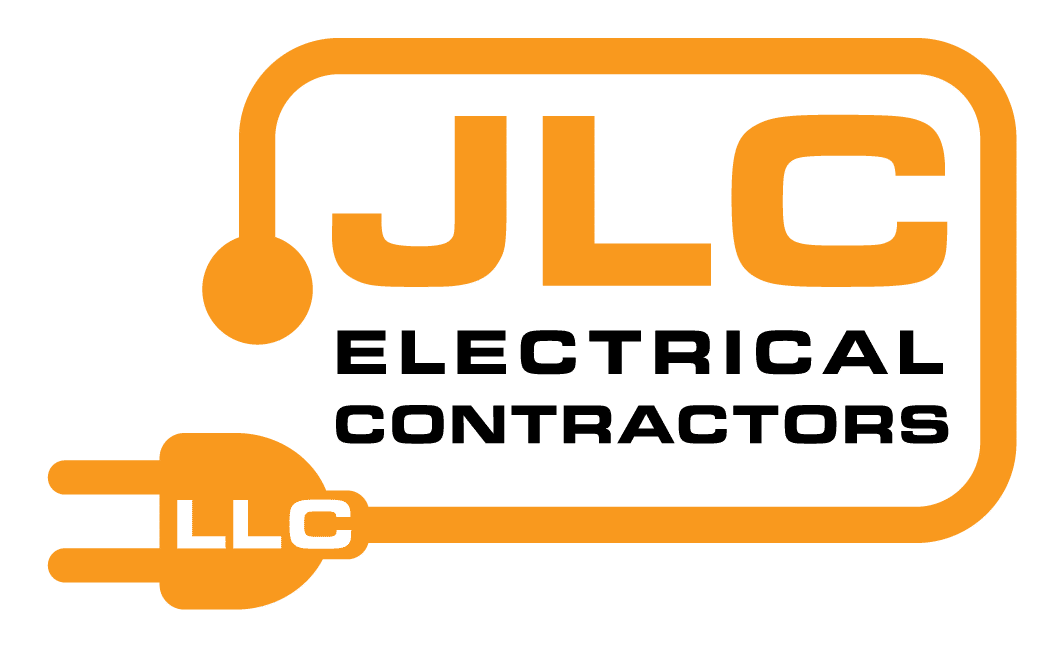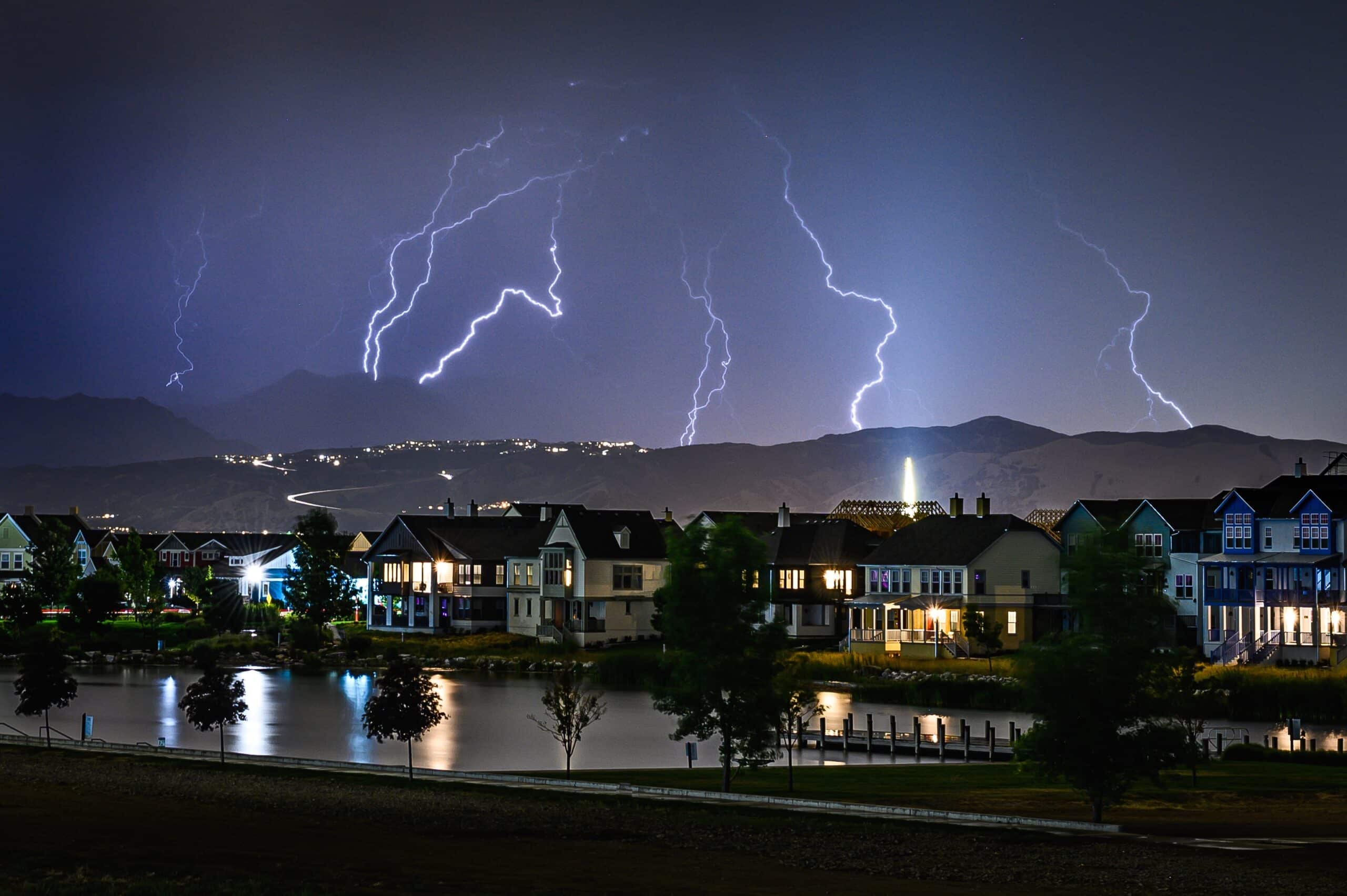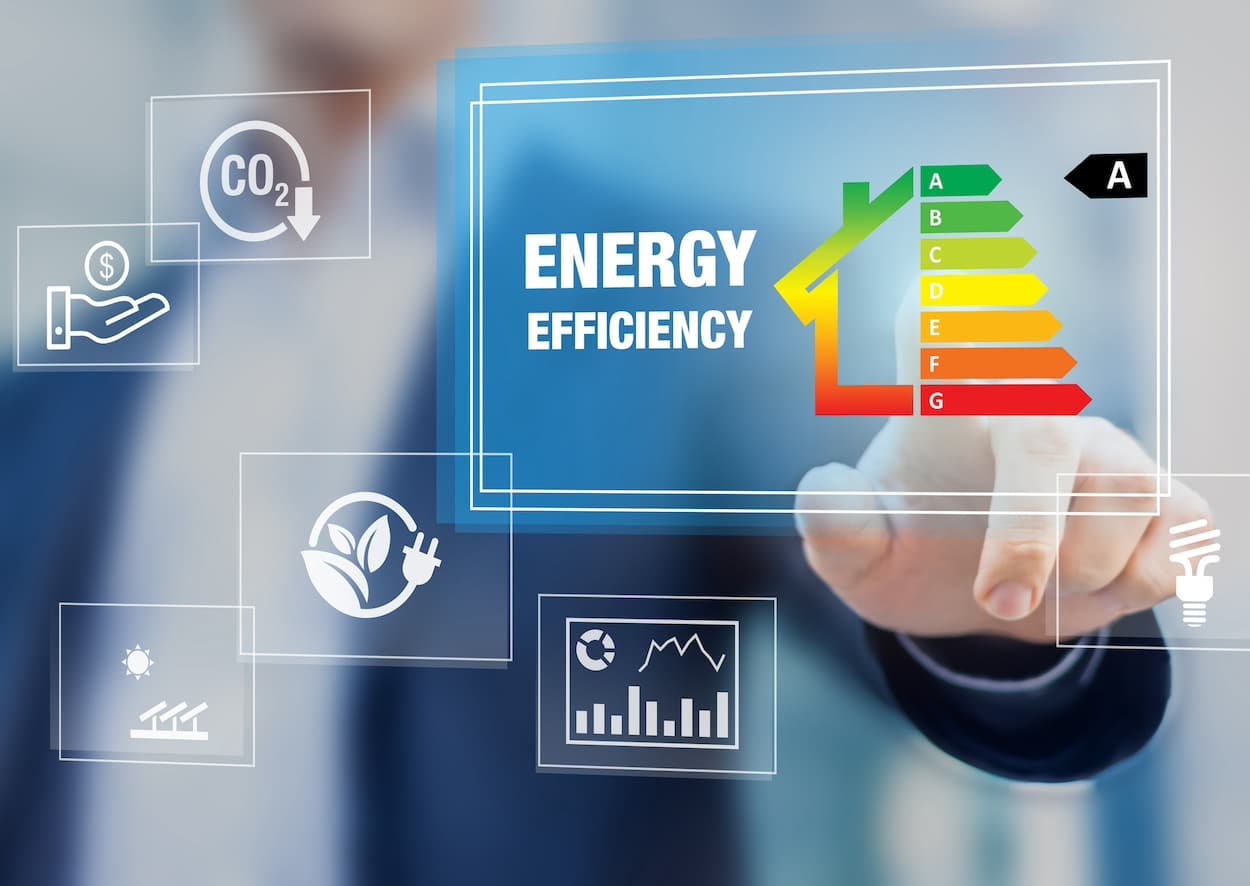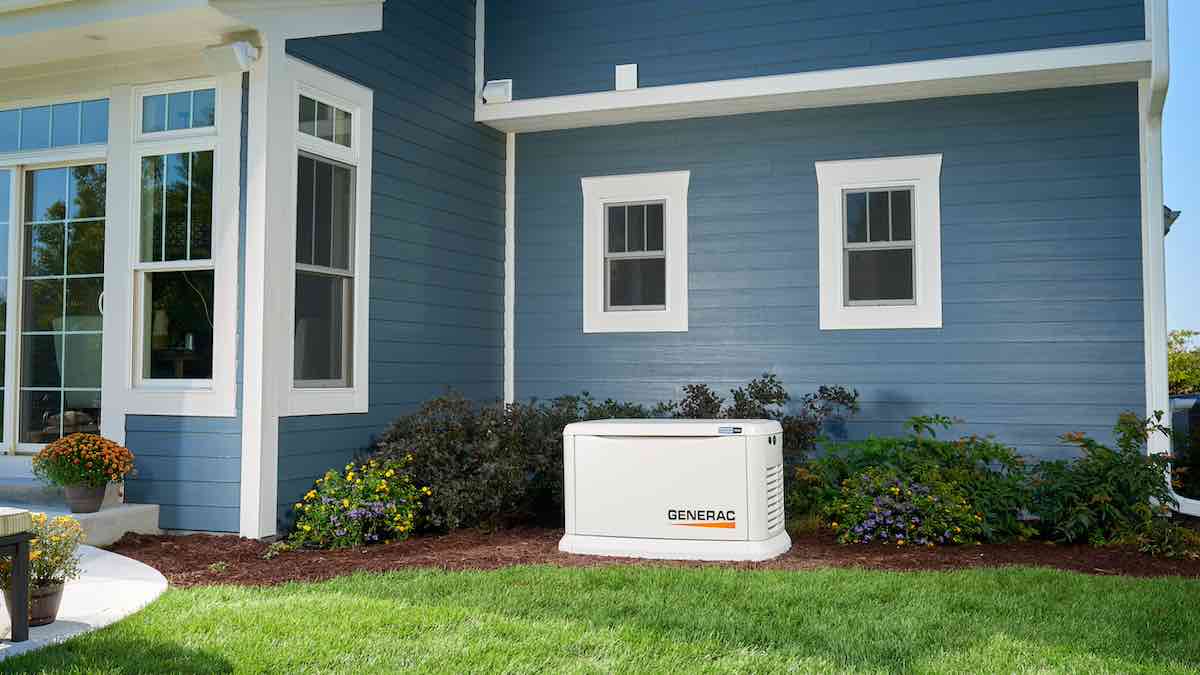A whole-house natural gas generator is an essential investment for homeowners in coastal and storm-prone areas, especially as winter storms and power outages become more frequent. Ensuring your generator is properly maintained before the cold weather sets in guarantees reliable performance when you need it most. Regular maintenance not only protects your generator but also provides peace of mind during severe winter conditions.
Inspect Your Generator for Winter Readiness – Start with a detailed inspection of your natural gas generator. Check for visible signs of wear, such as corrosion, loose connections, or leaks. Pay special attention to the natural gas lines and ensure they are free of blockages or damage.
Schedule Professional Maintenance – Natural gas generators require specialized maintenance to stay in peak condition. A certified technician can:
- Inspect the natural gas supply lines for leaks or obstructions.
- Test the fuel pressure to ensure consistent delivery.
- Change the oil and air filters.
- Check the battery, electrical connections, and transfer switch.
- Confirm that the generator complies with local codes and safety regulations for storm-prone areas.
Perform Occasional Tests – Testing your generator regularly ensures it is ready for emergencies. When performing a test run:
- Listen for unusual noises or vibrations that may indicate mechanical issues.
- Ensure the automatic transfer switch functions properly and can seamlessly power your home during an outage.
- Verify that the generator starts quickly and runs smoothly.
Protect Against Coastal Conditions – Generators in coastal regions face unique challenges, including high humidity and salt exposure. These elements can accelerate corrosion and reduce the lifespan of your equipment. To protect your natural gas generator:
- Use a weather-resistant enclosure designed specifically for your generator model.
- Apply a corrosion inhibitor to metal components.
- Position the generator on an elevated platform to prevent water damage during flooding or heavy rain.
Monitor and Maintain Natural Gas Connections – Unlike portable generators, natural gas systems rely on a steady fuel supply. Ensure your gas lines are in good condition and free of blockages. Consult your utility provider or technician to verify that the pressure and flow meet your generator’s requirements.
Keep Maintenance Records Updated – Maintaining detailed records of all inspections, repairs, and services is essential. These records help you track your generator’s history and may be required to keep your manufacturer’s warranty valid.
Prepare for Winter Emergencies – Teach your family how to operate the generator safely and understand its features. Keep important contact numbers, such as your maintenance provider and utility company, accessible.
Why Winter Preparation Matters for Natural Gas Generators
A properly maintained whole-house natural gas generator ensures your home remains powered and comfortable during winter storms. It allows you to:
- Maintain heat and lighting.
- Keep essential appliances running.
- Avoid disruptions caused by power outages.
- Protect your family from harsh weather conditions.
Trust JLC Electrical Contractors for Generator Maintenance
As a leader in generator installation and maintenance, JLC Electrical Contractors specializes in servicing whole-house natural gas generators. Our expert technicians ensure your system is prepared to handle winter’s toughest challenges.




